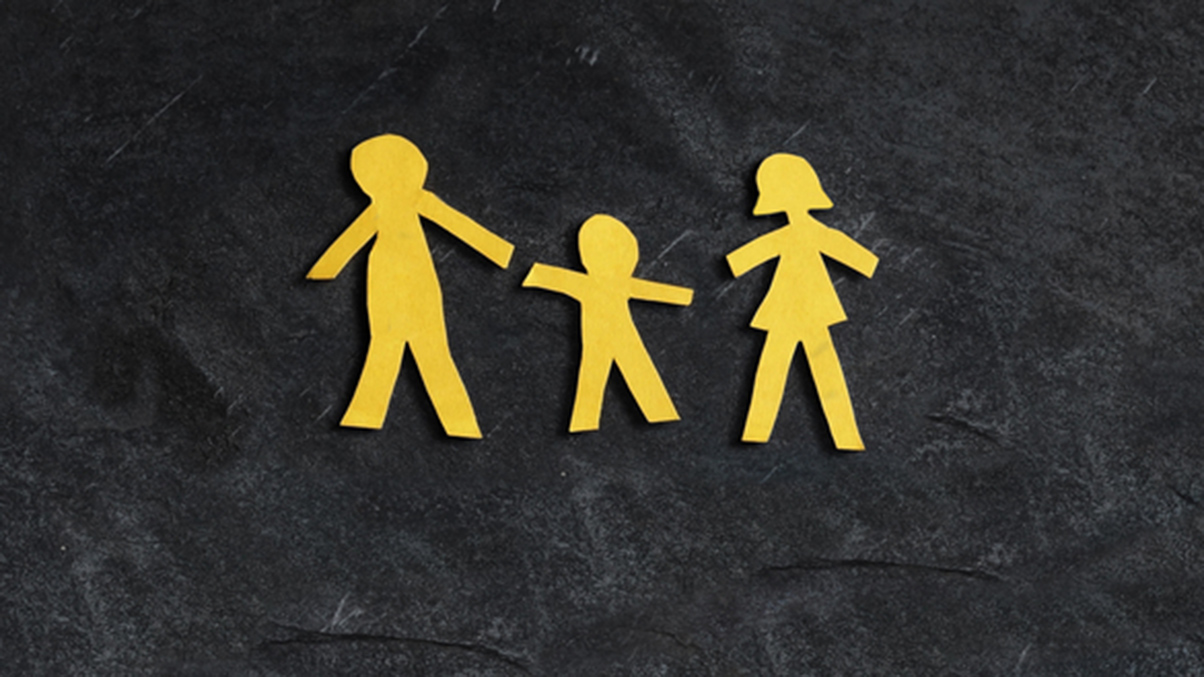The home is a space in which we should feel safe, and yet it is a setting in which abuse is inflicted upon so many, with at least 40% of private law children cases involving allegations of domestic abuse. The impact a volatile environment can have upon victims of abuse, and in particular children, is both devastating and long-lasting. Family lawyers need to ensure they have a clear & comprehensive understanding of the wide-ranging nature of domestic abuse, say Jenny Duggan and Francesca White.
Indeed, so many family lawyers will have heard the stories of abuse present in marriages spanning decades (including physical, emotional and economic abuse) and of people who are subjected to coercive or controlling behaviour long after they have had the courage to end a relationship.
Tragically, reports of domestic abuse have greatly increased during the Covid-19 pandemic as being confined to our homes became a reality for us all. There have, however, been recent developments in the form of the Domestic Abuse Act 2021 and the Court of Appeal case of Re H-N and Others (children) (domestic abuse: finding of fact hearings) [2021] EWCA Civ 448, [2021] All ER (D) 11 (Apr) which herald a welcome step in the right direction to recognise that abuse can take many forms and must be properly factored into decisions made in the Family Court.
Domestic Abuse Act
The Domestic Abuse Act 2021 seeks to provide millions of people with much greater protection from all forms of abuse and strengthen measures to tackle perpetrators. The Act is wide-ranging, and while the following list is not exhaustive, the key developments are set out below:
- The definition of domestic abuse has been extended beyond physical and sexual abuse, to include economic abuse and coercive and controlling behaviour. There will no doubt be much debate in cases as to what constitutes such abuse. The campaign group Surviving Economic Abuse cites examples of ‘economic abuse’, such as preventing a partner from working or training, building up debts in a partner’s name (sometimes without their knowledge) and ensuring a partner’s salary is paid into a joint bank account to which they do not have access. Importantly, coercive and controlling behaviour covers post-separation abuse, which we see so often in the Family Court in both children and financial proceedings.
- Children who see, hear or experience the effects of abuse are now recognised as victims in their own right. This is crucial, as the actions and words of an abuser do not just impact the person to whom they direct their fist or voice but all those trapped together in the same home. Indeed, there are hundreds of thousands of stories of children who cower and hide as they witness domestic abuse in their home. It is clear that, from a psychological perspective, witnessing domestic abuse is detrimental to children and it is surprising that it has taken so long for the law to catch up.
- ‘Revenge porn’ is now recognised as a criminal offence (including threats to share intimate images or videos, intending to cause distress), together with non-fatal strangulation (including any act restricting a person’s ability to breathe). Consent to serious harm for sexual gratification is no longer a defence in the criminal courts, thereby ending the ‘rough sex defence’.
- Victims of abuse will no longer be directly cross-examined by perpetrators in the Family Court, and victims will be provided with better access to special measures to help prevent intimidation. These measures include being able to give evidence via video link, which is a huge step forward in circumstances in which cross-examination of this nature has been found to diminish a victim’s ability to give evidence and can cause severe trauma.
- Victims of abuse may now apply for Domestic Abuse Protection Orders, which go beyond the non-molestation or occupation injunctive orders we typically grapple with in family proceedings. These orders can impose electronic monitoring requirements and include positive obligation orders to address particular behaviours, such as anger or addiction.
- The office of the Domestic Abuse Commissioner has now been established in law to stand up for victims, raise public awareness and hold local authorities, the legal system and other statutory agencies to account in tackling abuse.
The Domestic Abuse Act has been celebrated as a ‘landmark piece of legislation’, ‘long overdue’, and ‘could not be more needed’. This rings true. The Court of Appeal case of Re H-N and Others, to which we now turn, highlights why such legislative progress was long overdue.
Court of Appeal case: Re H-N and Others
Shocking first instance decisions
In Re H-N and Others, the Court of Appeal heard four appeals, each in relation to cases involving allegations of domestic abuse.
The allegations included those of rape, physical, emotional and financial abuse, and wider patterns of coercive and controlling behaviour. While many commentators have glossed over the facts of those four cases, it is important to have some appreciation of the errors of the first instance judges that clearly prompted the Court of Appeal to deliver such a wide-ranging judgment.
One such example is the case of Re T which makes for shocking reading. The judge in this case had found that the father’s words to the effect that he would kill the mother were just ‘commonly used in anger’ and ‘do not import any genuine threat to life’. All the while, the judge accepted that the father probably held the mother ‘in the vicinity of her neck’ when he spoke those words. An incident that occurred a month later in which the father came up behind the mother (who was holding their baby) and put a plastic bag over her head before saying, ‘this was the way she would die’, was regarded by the judge as a ‘prank’.
The Court of Appeal quite rightly concluded that these were in fact two intimidating and highly abusive incidents and the judge had failed to acknowledge the seriousness of the father’s reference to dying and killing.
Court of Appeal guidance
The Court of Appeal also took this opportunity to set out some general guidance as to how the Family Court should deal with allegations of domestic abuse:
- Scott Schedules: There should be a move away from the use of Scott Schedules, which identify in a table incidents tied to a particular date and time. This is a welcome development as many family lawyers will have experienced the frustration of limiting their clients’ allegations (which may span decades) to perhaps ten examples in a concise table, knowing that doing so entirely detracts from the way in which the abuse was perpetrated. Indeed, it is clear that Scott Schedules often fail to identify patterns of coercive and controlling behaviour, where each incident has a cumulative effect on victims.
- Fact-finding hearings: The Family Court should consider whether a fact-finding hearing is necessary and proportionate when balanced against the nature of the allegations and the impact on children. The Court of Appeal maintained that Practice Direction 12J in the Family Procedure Rules 2010 was fit for purpose in providing guidance on determining whether or not it is necessary to conduct a fact-finding hearing.
- Coercive and controlling behaviour: There should be greater awareness surrounding coercive and controlling behaviour and more focused training for the relevant professionals. However, investigations into and assessments of coercive and controlling behaviour should not disproportionately increase the scale and length of private law proceedings. It was also recognised that ‘not all directive, assertive, stubborn or selfish behaviour, will be “abuse”’.
- Criminal concepts: The family courts and those who appear in them should not shy away from using criminal law concepts and words such as rape. However, the family courts should avoid analysing evidence by direct application of criminal law to decide whether or not an allegation is proved. For example, when domestic abuse involves violence, injury may be found to have occurred, but the Family Court does not need to analyse whether in a criminal case this would amount to actual bodily harm or grievous bodily harm.
Impact on family law cases
The impact of the Domestic Abuse Act cannot be overstated, and it will no doubt in years to come bolster victims’ ability to hold their abusers to account. Family lawyers should be alive to the possibility of appealing cases in which the judge does not properly recognise the impact of abuse, as was so starkly shown to be the case in Re H-N and Others.
In practical terms, given that incidents of domestic abuse rarely occur in isolation, clients should keep clear and contemporaneous records of such patterns of behaviour which can be relied upon in court. This will become even more important given the greater recognition of the pernicious nature of domestic abuse.
Overall, it is incumbent upon us as family lawyers to ensure that we have a clear and comprehensive understanding of the wide-ranging nature of domestic abuse so that we can properly advise both victims and those against whom such allegations are made.
This article was first published in the New Law Journal, click here to view.
You can find further information regarding our expertise, experience and team on our Divorce and Family pages.
If you require assistance from our team, please contact us or alternatively request a call back from one of our lawyers by submitting this form.
Subscribe – In order to receive our news straight to your inbox, subscribe here. Our newsletters are sent no more than once a month.







